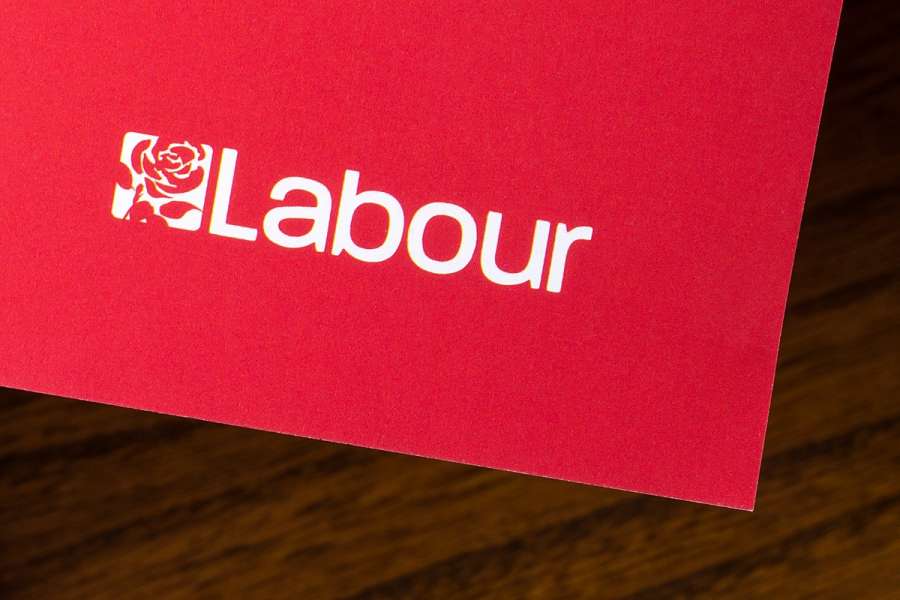The employment law rights and protections an individual is entitled to depend upon their employment status. "Employment status" refers to the legal status of an individual at work.
There are three types: employee, worker and self-employed. All three carry different rights and entitlements and have their own pros and cons.
The benefit of self-employed labour for employers is clear. It offers enormous flexibility, where roles are often performed and paid on an ad-hoc basis.
Further, with no employer National Insurance contributions payable and no right to the National Minimum Wage, the cost base is even lower.
This starkly contrasts the more expensive exercise of engaging employees under a contract of employment.
They often have fixed hours and enjoy numerous employment rights and protections (ranging from protections from unfair dismissal to rights to paid holidays and other forms of leave).
Workers have fewer rights than employees but will still be entitled to the national minimum wage, paid holiday, protection for whistleblowing and protection against discrimination, amongst other things.
However, there are benefits to engaging workers and employees, with the employer normally enjoying greater control over who does the work and when, where and how the work is done.











